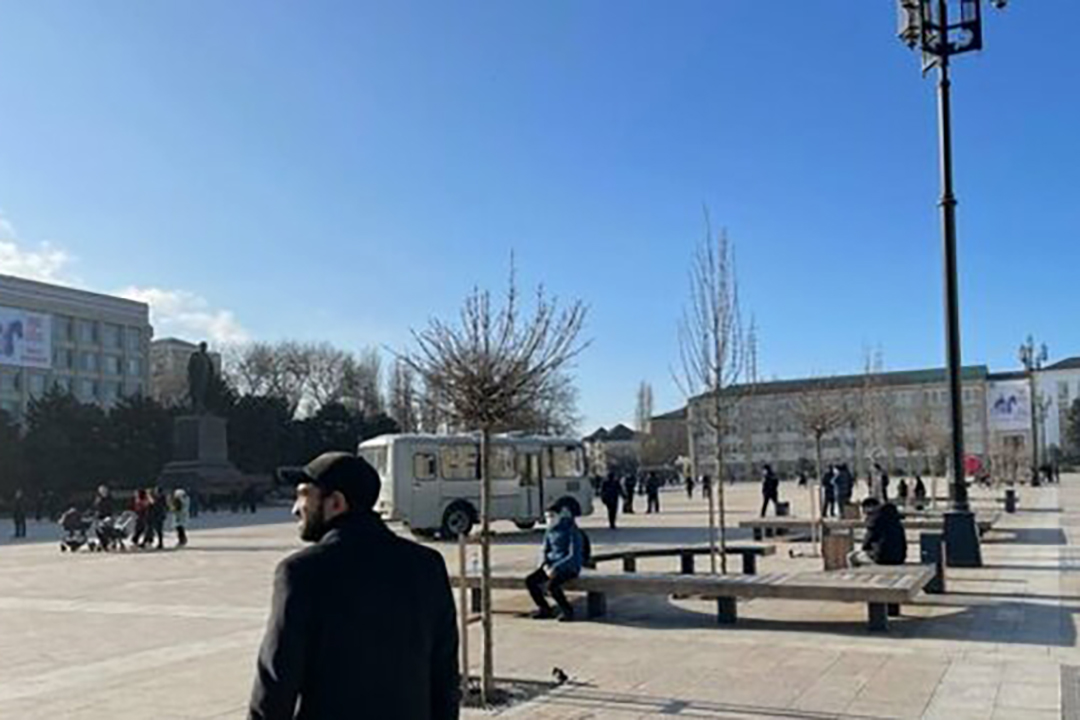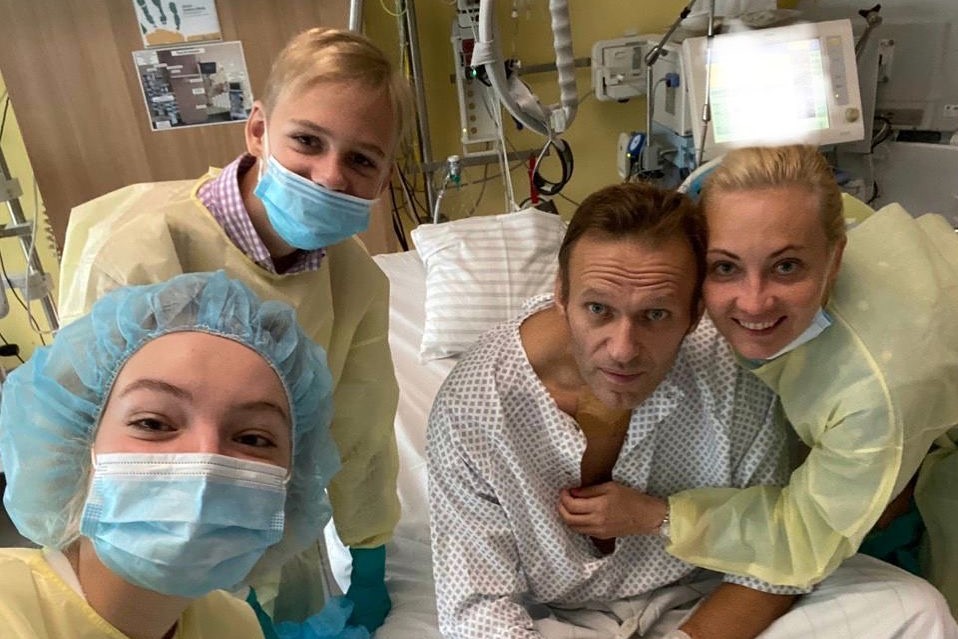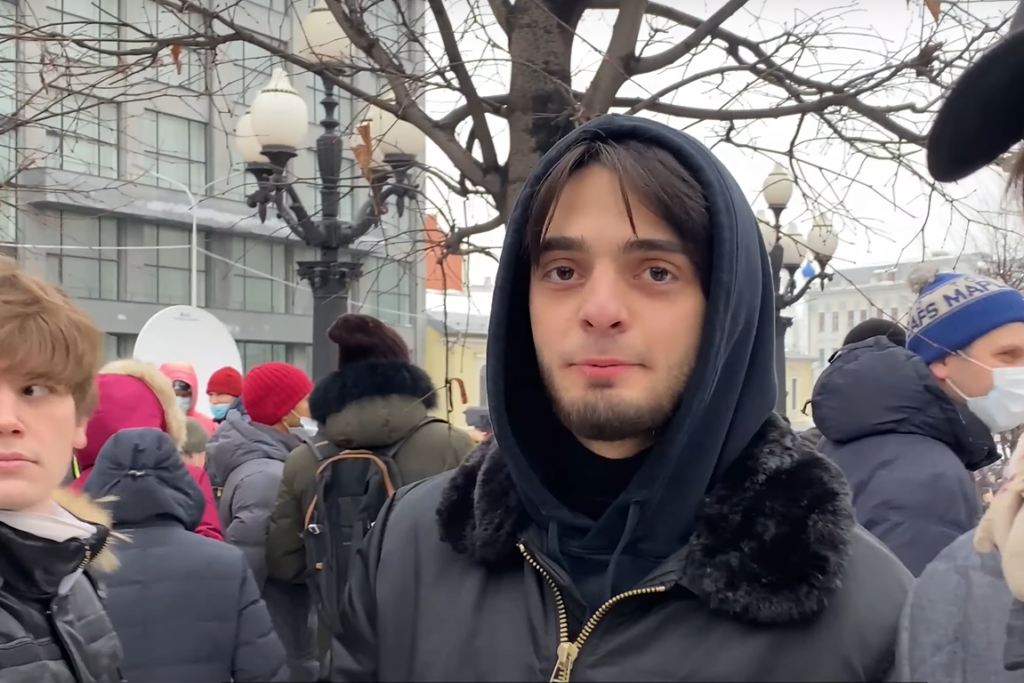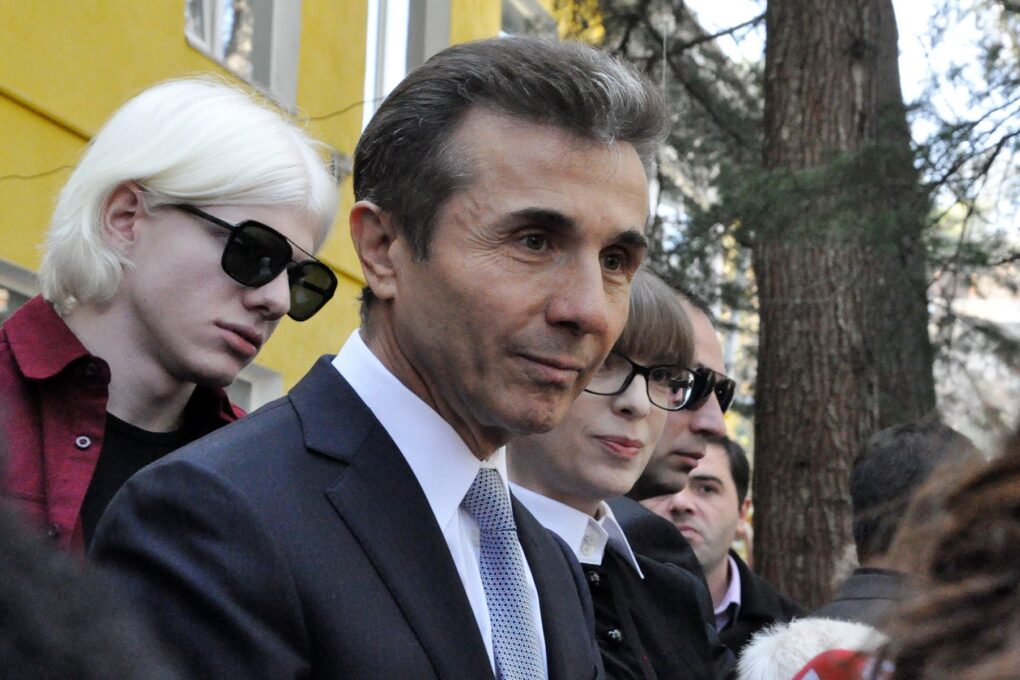Footage of a Chechen man successfully fending off Moscow riot police in hand-to-hand fighting has gone viral on social media, leading some to hail the man as a hero.
Sayd-Mukhammad Dzhumayev, a 20-year-old Chechen student, has since become a symbol of the protests against Vladimir Putin’s rule and the detention of Russian opposition figure Aleksey Navalny.
20-year-old Chechen Sayd-Mukhammad Dzhumayev has become a symbol of the protests in Russia after this video of him fighting with police was widely shared with the hashtag #ДжумаевНашГерой (Dzhumayev is our hero).
📰Read the full story: https://t.co/9J40mUCN8t pic.twitter.com/Utf4aLDMy8
— OC Media (@OCMediaorg) January 28, 2021
On 23 January, protests were held in cities throughout Russia. Despite their scale, protests were not held in cities in the North Caucasus.
Dzhumayev’s fighting skills prompted a social media campaign with hashtag #ДжумаевНашГерой (‘Dzhumayev is our hero’) and an array of supportive comments online. Dzhumayev is currently wanted by the Moscow police.
The Chechen authorities, however, have not shared the protesters’ enthusiasm. On Sunday, Adam Delimkhanov, an MP in the Russian Duma and close ally of Chechen head Ramzan Kadyrov, uploaded a video in which he attempts to intimidate Dzhumayev and calls for him to surrender.
‘What you did is a crime. We talked with your father, he says that you do not share the views of Navalny and the demons who advocate same-sex marriage. If you do not agree [with these views], Ramzan Kadyrov says that he will help you from the legal side. If you share their views, then you shouldn’t be hiding and should follow through with your position, and we know how to deal with you and your kind’, Delimkhanov said.
A relative of Dzhumayev’s who asked not to be named told OC Media that Dzhumayev had not been apprehended. They said that the family was not aware if he was officially wanted by the authorities, but declined to comment further fearing reprisals.
A close associate of Dzhumayev’s told OC Media that both the Russian police and the Chechen authorities were still looking for him in Moscow and that he was currently in hiding.
They said that Dzhumayev had fought with police only after being hit across the head with a baton. They added that his relatives had been interrogated by Chechen security forces.
Chechen authorities have a record of reacting strongly to the involvement of Chechens in similar events elsewhere in Russia. In August 2020, around 100 young Chechen men were deported from Moscow to Grozny and publicly reprimanded for ‘inappropriate behaviour’.
In 2018, a Chechen man named Turpal Khasiyev threw an empty can at a passenger on a bus, saying ‘Akhmat Power’ (the unofficial slogan of the Chechen authorities). He was taken to Grozny and employed as a street sweeper. He also uploaded a video with a public apology.
North Caucasus without protests
Saturday’s anti-Putin protests in the North Caucasus were restricted to several hundred people in the Russian-majority cities of Stavropol and Pyatigorsk. According to OVD-Info, an independent group monitoring police in Russia, a total of 56 people were detained there.
In the Daghestani capital, Makhachkala, 72 people, including several under the age of 18, were detained by police before a protest there was due to begin. According to the local Chernovik newspaper, all the detainees were released without charge the same evening.
Chernovik reporter Inna Khatukayeva, who was among those detained, said she had filed a complaint against the police for illegally detaining her and obstructing the work of journalists.

The day before the protests, Ingushetia’s Ministry of Internal Affairs warned against participating in ‘unauthorised rallies’ and urged people ‘not to fall for provocations’. There were no reports of any protests planned in the republic.
There were also no protests in Chechnya, where the authorities routinely respond to dissent with illegal detentions, torture, murder, and persecutions of family members.
According to Ruslan Kutayev, a prominent Chechen activist and head of the Assembly of the Peoples of the Caucasus, Aleksey Navalny does not enjoy popular support in the North Caucasus. He said that this was despite the authorities there enjoying a high-level of impunity even for Russia, and many people dreaming of change.
Kutayev told OC Media that Navalny’s lack of popularity could be connected to his nationalist rhetoric during his early career. He also pointed out that people were afraid of repressions for challenging the authorities, including torture, murder, and fabricated terrorism charges.
According to Kutayev, Navalny may still be able to rally people’s support in the North Caucasus due to his anti-corruption activism.
‘People are now essentially driven to despair and they are ready to cling to anything that can promise them any sort of change. Negative sentiments towards the authorities have existed in the [North] Caucasus for a long time, and despite the fact that Navalny isn’t popular here, he can win support if he promises changes for the better’, Kutayev said.
Anti-government protests
Aleksey Navalny was detained on 17 January upon his arrival to Moscow from Germany, where he was undergoing treatment after being poisoned by FSB officers in August 2020.
On 18 January, a court ordered his arrest for 30 days. Russia’s Federal Penitentiary Service has accused Navalny of violating his probation and is seeking to have him serve out his suspended sentence in prison. He was sentenced to 3.5 years probation for fraud in 2014.

The European Court of Human Rights has ruled that the conviction was ‘arbitrary’. Navalny himself has pointed out that his suspended sentence ended on 30 December.
On 18 January, Navalny called on his supporters to hold protests. On 23 January, uncoordinated rallies demanding Navalny’s release were held in at least 125 cities and towns throughout Russia.
At least 3,695 people were detained. Police violence, including the beating of people’s heads on asphalt, beating with batons, and use of pepper spray inside prisoner transport vehicles was reported. At least 49 journalists were detained.




 27 January 2021
27 January 2021



